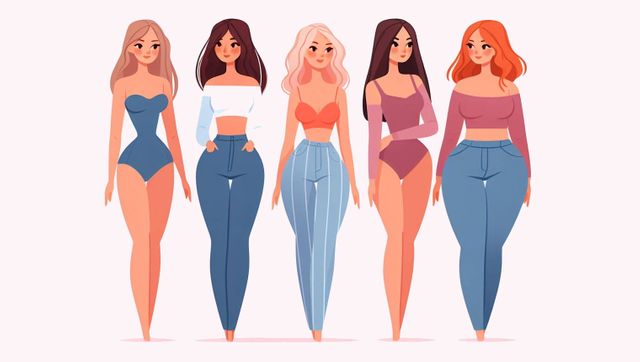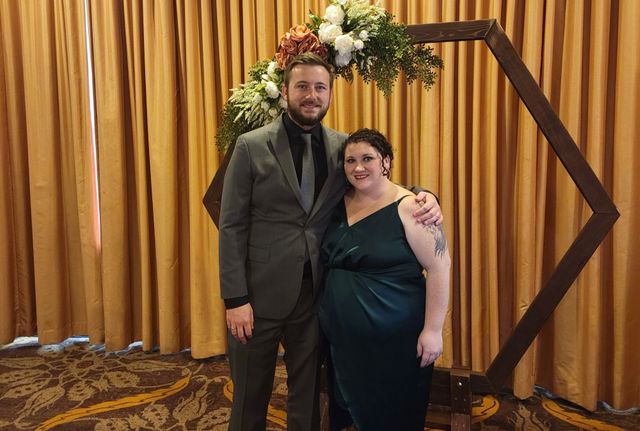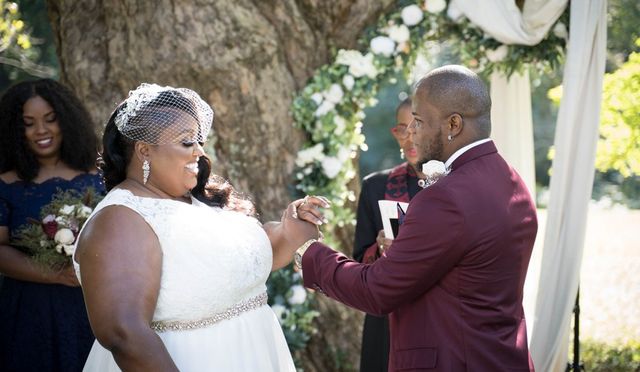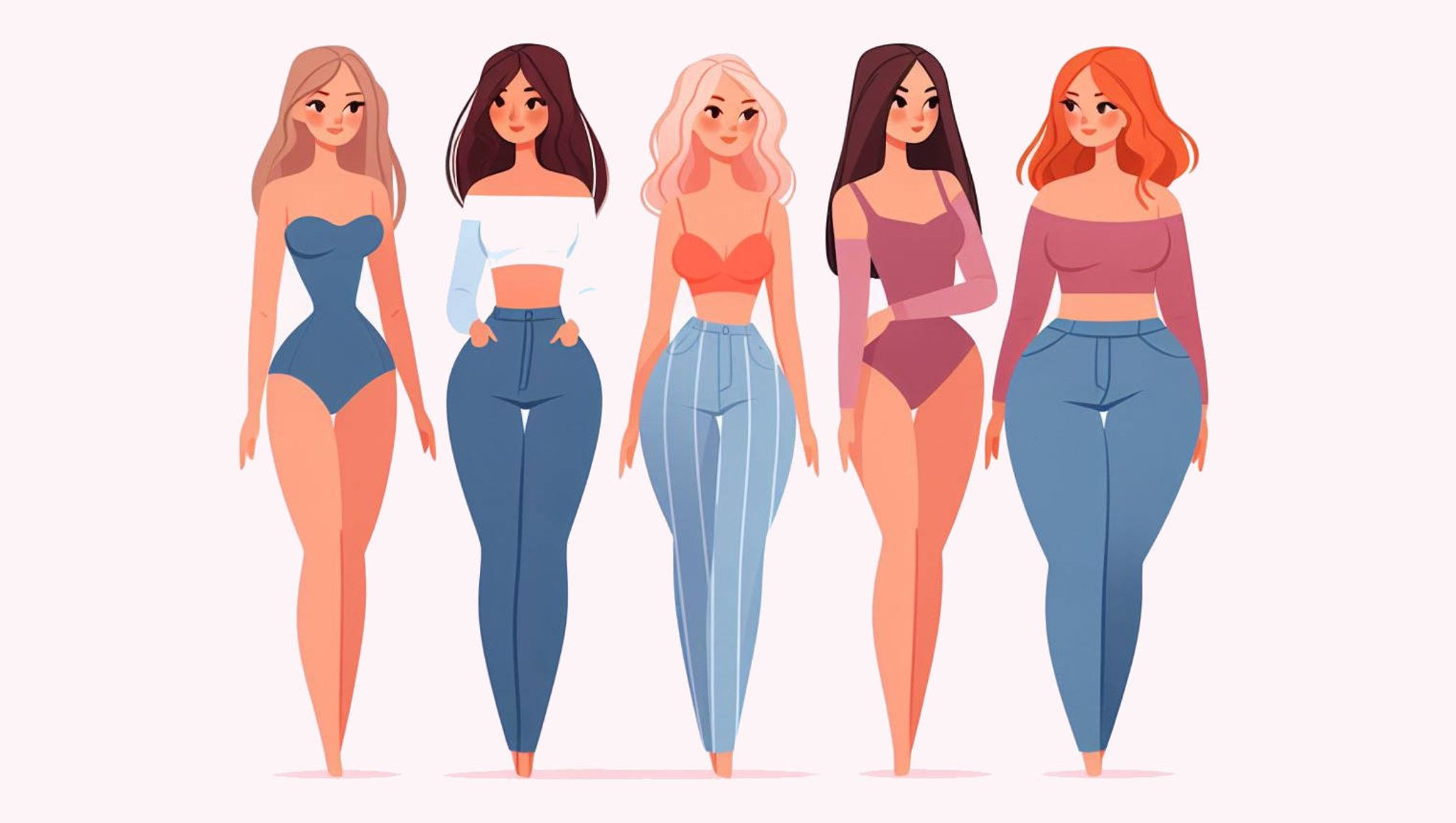Hearty Wishes To All Brave Women And
Happy International Women’s Day!!
Navigation:
What is the History of International Women’s Day
International Women’s Day (Herein, IWD) is celebrated on March 8 every year and is a global day celebrating women’s social, economic, cultural, and political achievements. It is also a day to raise awareness about the ongoing struggle for gender equality and to advocate for women’s rights.

IWD had its roots in the early 20th century when women in many parts of the world began to organize and demand better working conditions, suffrage rights, and gender equality. The first International Women’s Day was celebrated in 1911, and it has since become an annual event observed by people all over the world.
Each year, International Women’s Day has a theme that focuses on a particular aspect of women’s empowerment or gender equality. The theme for 2021, for example, was “Choose to Challenge,” which aimed to encourage individuals to challenge gender bias and inequality in their own lives and communities.
International Women’s Day is a time to reflect on the progress made toward gender equality and the work that still needs to be done. It is a call to action to address the barriers that prevent women from fully participating in society and to advocate for policies and practices that promote gender equality.
You may refer to the exact timeline of IWD.
How do Women Face Gender Inequality
Despite progress toward gender equality, women still face numerous challenges. While the specific challenges vary depending on geography, race, and socioeconomic status, some common issues include the gender pay gap, lack of representation in leadership positions, limited access to healthcare and reproductive rights, and gender-based violence.
Addressing these challenges is crucial to achieving gender equality and empowering women to participate fully in society.
Challenges Facing Globally
Women continue to experience numerous inequalities and injustices in the 21st century.

- Pay Gap and Leadership
One of the most significant issues is the gender pay gap, which persists across the world. Women continue to earn less than men for doing the same job, with the global gender pay gap estimated at 16%.
In addition to the gender pay gap, women are often underrepresented in leadership positions in politics, business, and other fields. This lack of representation can lead to a lack of diversity in decision-making and policies that do not reflect the needs of women.
- Biased Education System
Limited access to education is also a significant issue for women, particularly in some parts of the world, where girls are less likely to receive an education than boys. This limits their opportunities for economic and social empowerment.
- Gender Assault
Finally, women continue to face high rates of gender-based violence, including domestic violence, sexual assault, and harassment. These inequalities and injustices significantly impact women’s lives, limiting their opportunities and hindering their potential.
Who are Women Leaders: 3 Inspirational Stories
- Ada Lovelace
The world’s first computer programmer paved the way for women in science and technology. Her work laid the foundation for modern computing and inspired future generations of women in STEM.
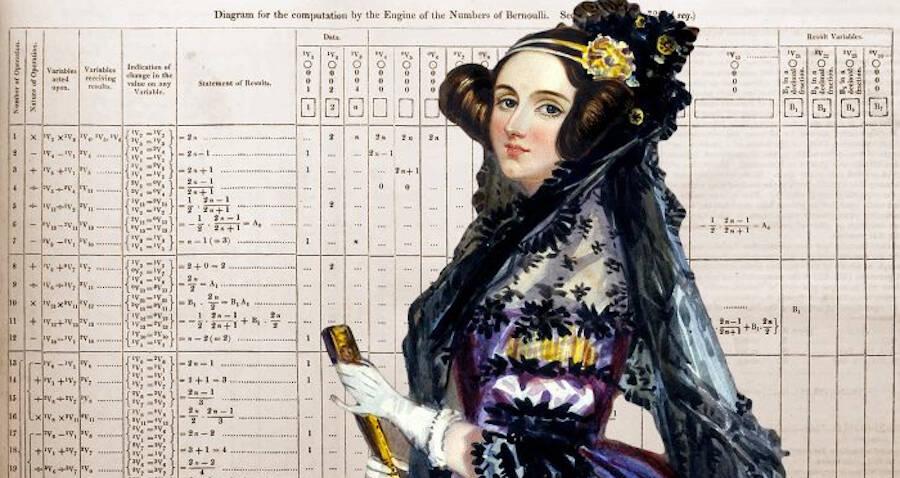
She is best known for her work on Charles Babbage’s proposed mechanical computer, the Analytical Engine. Babbage had designed a machine that could perform complex calculations, but Lovelace went further and envisioned the possibilities of the machine beyond mere calculations. She wrote an algorithm for the Analytical Engine that is widely regarded as the first computer program. Lovelace recognized the potential of the machine to create not just numbers, but also music and art and envisioned that it could even be used for scientific discovery.
- Malala Yousafzai
Born in 1997 in the Swat Valley region of Pakistan, the youngest Nobel Prize laureate is a Pakistani human rights activist who gained international recognition for her advocacy of girls’ education and women’s rights. She now becomes a symbol of courage and resilience in advocating for girls’ education in Pakistan.
In 2012, at 15, Malala was shot by a Taliban gunman while on her way to school. Miraculously, she survived the attack and was eventually airlifted to the United Kingdom for medical treatment. Following her recovery, Malala continued her advocacy work on behalf of girls’ education and founded the Malala Fund, which promotes education for girls worldwide.
Her achievements have had a significant impact on the global conversation around girls’ education and the importance of empowering young women. In recognition of her work, she was awarded the Nobel Peace Prize in 2014, becoming the youngest person ever to receive the award. Today, Malala is a prominent voice for human rights and gender equality and continues to inspire millions of people worldwide with her courage and determination.

- Ruth Bader Ginsburg
The second female justice of the US Supreme Court, dedicated her career to fighting for women’s rights and gender equality. Her landmark cases and opinions helped to advance women’s legal protections and inspire future generations of feminist lawyers and activists.
In 1993, Ginsburg was appointed to the United States Supreme Court, becoming only the second woman to hold such a position. During her time on the Court, she was a vocal advocate for women’s rights, LGBTQ+ rights, and equal protection under the law. Ginsburg was known for her sharp legal mind and for writing eloquent and powerful dissenting opinions.
One of Ginsburg’s most significant achievements was her role in advancing gender equality in the United States. As an attorney in the 1970s, she argued several landmark cases before the Supreme Court that helped to dismantle legal barriers to gender equality. She also co-founded the Women’s Rights Project at the American Civil Liberties Union and worked tirelessly to ensure that women’s voices were heard in the legal system.

These women and countless others have shown that gender should never limit one’s potential and that every woman has the power to make a difference.
Why Significant: 4 Reasons
A Theme: EmbraceEquality
International Women’s Day is a significant day that highlights the struggles and achievements of women worldwide. With the IWD 2023 campaign’s theme, Embrace Equality, this day serves as a reminder to work towards gender equality and embrace diversity and inclusion in all areas of life. It is a time to celebrate and remember the countless contributions that women have made to society, and to recognize their continued efforts to break down barriers and achieve gender equality.
A Reminding Date to Fight Further
Despite the progress that has been made toward gender equality, there is still much work to be done. International Women’s Day serves as a reminder that we must continue to work towards a more equitable world where women have equal rights, opportunities, and representation.

An Opportunity to Diminish the Gap
One of the most important aspects of International Women’s Day is the opportunity it provides for education and awareness. It is a chance for students to learn about the struggles and triumphs of women throughout history, as well as the ongoing fight for gender equality. By educating our youth about equality and diversity, we can create a brighter future for all.
A Day When People Stand Together
International Women’s Day is also a time for people around the world to come together and fight for a common cause. It is a day to stand in solidarity with women and to work towards a world where gender equality is the norm. By recognizing the importance of this day and working together towards a shared goal, we can create a better future for everyone.
How to Empower Women in the Modern Era
Empowering women in the modern era require addressing various issues, including gender stereotypes, financial stability, education, employment, and legal and political rights.
First and foremost, we should make great efforts in boosting a woman’s self-esteem which can be an effective way to help her realize her potential and overcome the gender stereotypes that may hold her back.
In addition, historically, women have faced numerous barriers when it comes to entrepreneurship and business ownership. Women often have limited access to funding, networks, and resources necessary to start and grow their businesses. By supporting women-run businesses, individuals and organizations can help break down these barriers and provide opportunities for women to achieve financial independence and stability.

Addressing job discrimination against women is essential to promote equal employment opportunities and addressing the gender pay gap.
Finally, advocating for female liberty, including legal and political rights, is crucial for ensuring that women have equal representation in government and access to justice. Women have been excluded from decision-making processes and denied access to basic rights such as education, healthcare, and legal representation. Advocating for female liberty means removing these barriers and ensuring that women have the same rights and freedoms as men.
These are just a few ideas, but it is vital to address the root causes of gender inequality and work towards creating a more equitable society for all.

